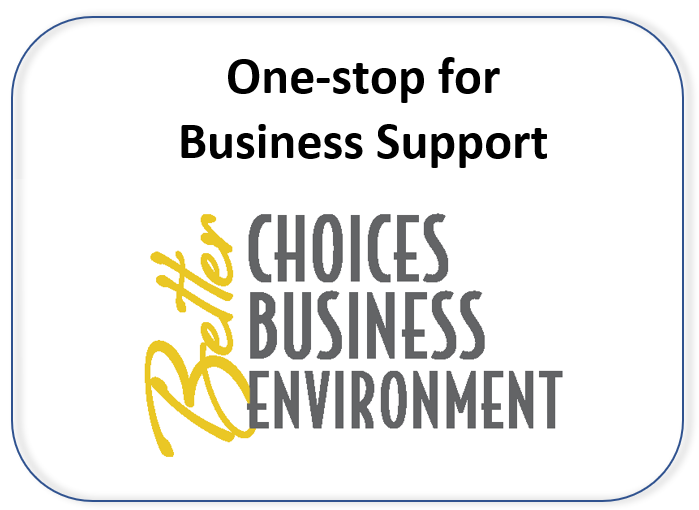Can my business burn waste?
"Open burning" is defined as burning any material outdoors without any air pollution controls and includes burning in an unrestricted pile or in a container such as a burn barrel. Open burning, both by individuals and businesses, is regulated in Wisconsin by the state and local units of government. Check with local authorities to see if local regulations apply to your area, as they may be more stringent that statewide regulations. Many alternatives to open burning exist including recycling, composting and landfilling. Burning should be a last option.
In general, businesses in Wisconsin are not allowed to use burn barrels or any other form of open burning to dispose of the waste the business generates.
Clean wood and brush: Businesses are allowed to burn clean, dry and untreated wood or brush but only if they obtain a "wood burning facility" license from the DNR's Waste and Materials Management Program. The license specifies the location at which the burning will take place and sets design and operating criteria for burning. The owner of a wood burning facility will also need to know if the DNR Forestry Program’s forest fire control regulations apply to the area in which the business operates. Wood burning facilities within this area require a burn permit from the DNR in addition to a license. A burn permit outlines restrictions on burning due to weather conditions, location, time of day, etc.
Farmers are allowed to burn brush or weeds generated from their property without a wood burning facility license.
Other waste: Any waste materials generated by a business must be disposed at a licensed, approved landfill or at an approved incinerator. Businesses are not permitted to burn garbage under any circumstances, including wet compostable rubbish, oily substances, asphalt, plastic or rubber. It is also illegal to burn any type of structure such as a home, barn or shed with the exception of fire departments conducting training exercises.
See facts on open burning for businesses, industry and municipalities in Wisconsin for details on how open burning requirements affect your business. You can also visit open burning for links to a variety of resources on different open burning issues.
Note: the use of outdoor wood boilers is not considered open burning and is not regulated by the state. However, local units of government may have ordinances affecting the use of boilers, so you should check with your local authorities for more information.
Agricultural waste
Farmers are allowed to burn brush or weeds generated on their property. Other types of waste, including plastics, may not be burned by any party, including agricultural businesses.
Burning plastics is illegal in Wisconsin, including agricultural plastics such as silage bags, bale wraps and rigid containers from agricultural facilities. Burning these types of materials is harmful to human health and the environment. Whenever possible, it is best to recycle your plastic waste. If no recycling options exist, your waste must be sent to a landfill.
More information for farmers can be found at managing agricultural plastics.
Construction and demolition debris
In general, burning construction and demolition debris; including painted, treated or otherwise unclean wood, asphalt, oily substances, rubber, wet rubbish and all types of plastic is illegal in Wisconsin.
There are other options for disposing of construction and demolition debris. Under certain circumstances, you can chip or shred untreated wood for erosion control, landscaping, trail surfacing or soil amendment. See managing construction and demolition debris for details.
| Additional resources | ||
|---|---|---|

